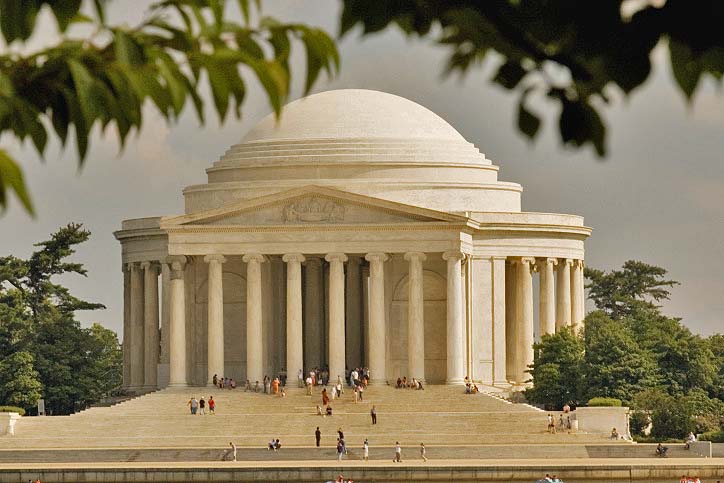|
|
LITR 4231
Early American Literature 2010 research post 2 |
|
Jessica Gaul
The Declaration of Independence:
When I think of the Declaration of Independence, I
always think of the movie ‘National Treasure’. It’s sad to say, but if it was
not for that movie, then my attitude and interest for the Declaration of
Independence would never have been born. Nicholas Cage quotes one line from the
document that set my heart on fire. “But
when a long train of abuses and usurpations, pursuing invariable the same Object
evinces a design to reduce them under absolute Despotism, it is their right, it
is their duty, to throw off such Government, and to provide new Guards for their
future security-… (“Applewood books”, 4)
When Cage elaborates on those words, a whole new world opened up to me. It made
me realize that, like Cage quotes, “If
there's something wrong, those who have the ability to take action have the
responsibility to take action.” (IMDB) It also made me recognize that the men
who wrote the Declaration of Independence knew what they were getting themselves
into. That one line in the whole document is basically threatening England, yet
they still wrote it! The question arises then, why threaten the country of your
origin?
Looking deeper into the Declaration, I realized that
finding my answer was going to be fairly easy. Thomas Jefferson uses eloquent
language and lists all the wrong things that the King of England has done to
them. For example, “For quartering large bodies of armed troops among us:-For
cutting off our Trade with all parts of the world:-For imposing Taxes on us
without our Consent:-“ (“Applewood books, 8-9) The list goes on to explain more
complaints about the King and how unfair he is; in fact, there are twenty-seven
of them! The
King of England was a very unjust king who abused his power in the filthiest
way. In doing so, the men who wrote the Declaration decided to rebel. For
example, they dressed up as Indians and dumped out all of the tea in the
glorious Boston Tea Party; they boycotted the Stamp Act as well as burned down
stamp warehouses, rebelled against Great Britain by setting up small
organizations such as The Sons of Liberty, and finally wrote the Declaration of
Independence.
Another question that comes to mind after reading
the Declaration, is what the men were thinking when they wrote this. Did they
think of the consequences that were going to happen after the king read it? It
is obvious that writing the Declaration of Independence was treason. They went
against this king by listing all of his faults, but did they even care? There
has been much speculation about this question alone. For instance, many people
believe that the signer John Hancock wrote his name so big and dramatically was
because he was telling the king, “King George won't need his specks to read
that.” (“Fun trivia”) John Hancock knew what he was getting himself into and
didn’t want to hide from King George. Instead, he mocked him and wrote it bigger
than everyone else’s. Others say “he risked it all on the success of the
American Revolution…he signed the Declaration in the presence of one person,
Charles Thomson, the secretary of Congress.” (Yahoo answers) After the
Declaration was written, “Five signers were captured by the British as traitors
and tortured before they died, while twelve had their homes ransacked and
burned.” (“Barefoot”)
It is difficult to truly answer the question, ‘did
the men know the consequences of their actions,’ when no one truly knows. No one
was there when they wrote it, nor did the men write out a written response to
that specific question. It is safe to say that the men knew what they were
getting themselves into the minute they decided to write the Declaration of
Independence.
References:
"Why did John
Hancock sign his name so large and fancy on the Declaration of
Independence?". Fun Trivia: The Trivia and Quiz
Community. April 23, 2010
http://www.funtrivia.com/askft/Question20341.html
"Why did John
Hancock sign his name so big on the Declaration of Independence?". Ask Yahoo.
April 23, 2010
http://ask.yahoo.com/20070528.html
"The
Declaration of Independence-1776-". Barefoot. April 23, 2010
http://www.barefootsworld.net/doi1776.html
The Declaration of
Independence with Short Biographies of its signers.
Bedford: Applewood Books,
"Memorable
Quotes for National Treasure". IMDB: The Internet Movie Database. April 22, 2010
http://www.imdb.com/title/tt0368891/quotes
|
|
|
|


